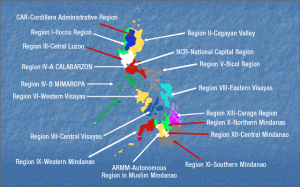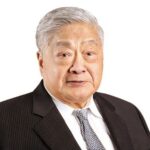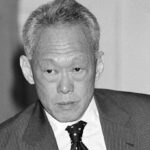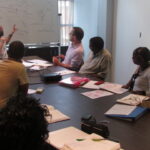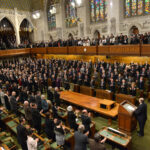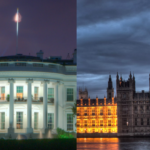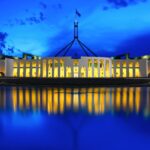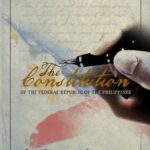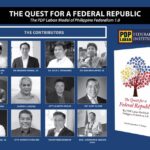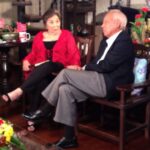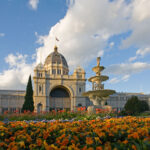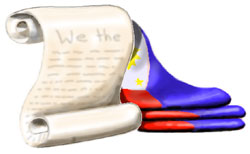
 Welcome to the citizen’s virtual Constitutional Convention. We have designed this portal to allow most anybody to edit each proposed article. The only requirement is that you agree to at least one of the three-point agenda. The process is very simple: first you sign up to this site. If you already have a facebook account, this should be very easy: You may login through Facebook. Second, fill out a form signifying your agreement to one of the three-point agenda: I agree!. Once your membership request is approved, you can participate!
Welcome to the citizen’s virtual Constitutional Convention. We have designed this portal to allow most anybody to edit each proposed article. The only requirement is that you agree to at least one of the three-point agenda. The process is very simple: first you sign up to this site. If you already have a facebook account, this should be very easy: You may login through Facebook. Second, fill out a form signifying your agreement to one of the three-point agenda: I agree!. Once your membership request is approved, you can participate!
Make sure to familiarize yourself with the issues by reading up on the topic of Constitutional Reform. Once you have familiarized yourself with such aspects as the rationale, the urgency, the impact, and obvious remedies and fixes that need to be done, you will be better-equipped to start editing the articles via the wiki facility.
Your edits will only appear on the main pages if approved. The chances of your edits getting approved increase if you also write a well thought-out paper to accompany your edit(s).
There are several introductory papers. Reading all the introductory papers gives you the right perspective both when reviewing the proposed articles of the constitution, and also when editing the articles yourself.
The proposed amendments have three main thrusts, as reflected in the structure of the fora and the chances of approval of your edits:
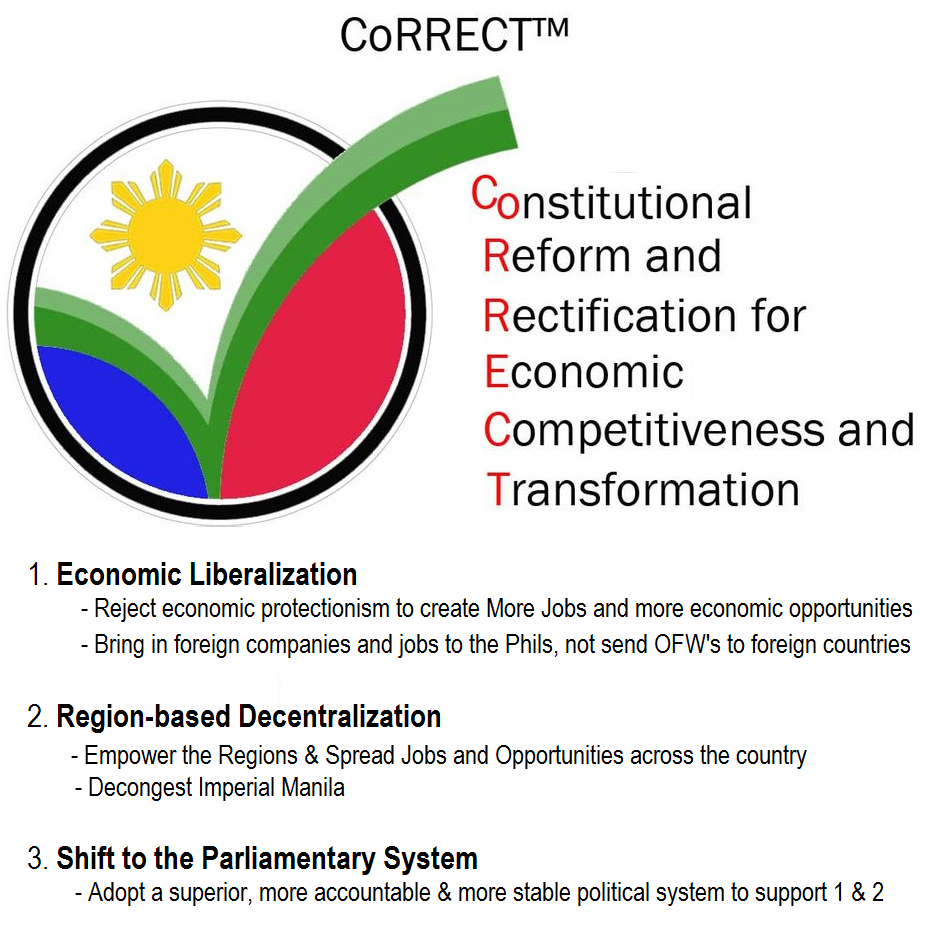
* * *
[cycloneslider id=”1988″]
* * *
First Principles:
1. The Constitution is not a set of “rules” to control the people; rather, it is meant to constrain the government. By coming together to agree on a Constitution, the people have already agreed that a powerful entity called the “government” is to have coercive powers over everybody. The people have already agreed to cede certain extraordinary rights to this government: from this perspective, the Constitution is meant to define exactly which rights the people are giving up and granting to the government.
2. As a corollary to number 1, a citizen should not have to break any constitutional provision just to earn a living and provide for his/her family. There should be no part of the Constitution that limits the economic decisions that a citizen can make, outside of those decisions that are clearly harmful to anybody. In cases where it is not clear whether a provision is too restrictive to the people or not, we favor more freedom to the people.
3. If there is any need for guiding restrictions, these may be defined through legislation. There is no need to put too much fine print in the Constitution as it is best kept at a general high level. Minute specifics are best tackled outside the Constitution itself.
4. The Bill of Rights as it exists in the 1987 Constitution does not need to be amended.
* * *
Click on this link to watch a video explaining the CoRRECT™ Movement.
* * *
Economic Liberalization
The current 1987 Constitution unfortunately sets so many restrictions on economic activities, setting up protectionist provisions that limit businesses in the Philippines to a minimum of at least 60% ownership by local Filipinos, and a maximum of 40% by foreign investors. For advertising companies, this limits ownership to a minimum of 70% by local Filipinos and at most 30% by foreigners. Media companies must be owned 100% by local Filipinos.
 As such, unlike in other countries that do not have such restrictions on foreign investment thus making those countries viable and attractive destinations for Foreign Direct Investment, the Philippines has great difficulty in bringing in foreign investors who often are capable of creating lots of jobs and are often able to provide high quality skills training and provide Filipinos with exposure to higher standards of operation and business systems.
As such, unlike in other countries that do not have such restrictions on foreign investment thus making those countries viable and attractive destinations for Foreign Direct Investment, the Philippines has great difficulty in bringing in foreign investors who often are capable of creating lots of jobs and are often able to provide high quality skills training and provide Filipinos with exposure to higher standards of operation and business systems.
Job creation is thus much faster and on a larger scale in countries that allow easy-entry of Foreign Direct Investment. Since there are not that many local Filipino entrepreneurs creating many jobs coupled with the dearth of foreign investments due to the protectionist economic provisions in the Constitution, unemployment is extremely high in the Philippines, forcing Filipinos to leave their families, loved ones, and children behind while seeking basic employment in other countries.
By removing all economic restrictions and protectionist provisions in the 1987 Constitution, it will become much easier for the Philippines to be able to more readily attract foreign investors and multinational companies to invest in the Philippines and help create jobs for locally-based Filipinos. As a result, Filipinos will have less need to pack their bags and leave their families to work as overseas workers in faraway lands.
Read this article to learn more about it.
Region-based Decentralization
(aka “Evolving Federalism”)
The 1987 Constitution defines the Philippines as being a unitary state, centralized around the capital of Manila. The result has been that most economic opportunities and opportunities for quality education and self-development are concentrated around the National Capital Region, and leaving the countryside, the provinces, and other cities relatively underdeveloped.
As such, ordinary Filipinos seeking higher education or better job opportunities are forced to flock to Metropolitan Manila in order to try their luck, unfortunately resulting in the massive population congestion, higher pollution levels, sub-standard living conditions, extreme traffic jams, and high crime rate of Metro Manila. It has also caused the Philippine provinces to have to remit most of their taxes to the capital, and after aggregating the entire amount at the national level, smaller amounts are redistributed back to the local entities, giving them little incentive to develop their own local economies as whatever they produce does not exactly go straight to their own development and instead is mostly remitted back to the capital.
By allowing for evolving region-based decentralization, the different regions in the Philippines will be better empowered to take control of their own economic decision-making, giving them greater incentives to develop their economies, attract their own investors, and create local opportunities that would allow their own people to prosper while staying in their own regions without needing to migrate to the National Capital Region. Empowering the regions this way also respects the cultures, traditions, and languages of the different ethnicities found in the different regions as this devolution of powers will allow the different regions to protect their own local cultural and/or linguistic heritage.
Watch this video that talks about the concept.
Shift to Parliamentarism
The current Presidential System as defined in the 1987 Constitution is unfortunately a very unwieldy system whose electoral exercises have often turned out to be nationwide popularity contests. Worse, the current Philippine Presidential System’s inherent features have been found to be the cause of a lot of political instability as found in the research of numerous scholars such as Dr. Yuko Kasuya (“Presidential Bandwagon: Parties & Party Systems in the Phlippines“) and Dr. Clarita Carlos and Dennis Lalata (“Democratic Deficits in the Philippines: What is to be done?“).
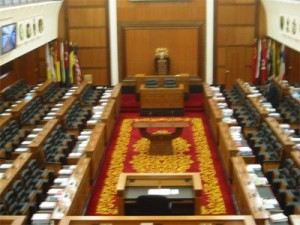 Instead of allowing for a competent leader to easily emerge on top of the government’s hierarchy, the current Presidential System in the Philippines features a personality-based popularity contest, often causing candidates with little real track-record or competence to emerge victorious.
Instead of allowing for a competent leader to easily emerge on top of the government’s hierarchy, the current Presidential System in the Philippines features a personality-based popularity contest, often causing candidates with little real track-record or competence to emerge victorious.
So much international research points to the superiority of the Parliamentary System of government when compared against the Presidential System. On practically all indices, be it GDP per Capita, Human Development Index, Corruption Perceptions Index, the Economic Freedom Index, the Democracy Index, and many others, the top 30 countries turn out to be dominated by countries using Parliamentary Systems. It is thus advisable that any exercise in correcting the errors of the 1987 Constitution will also tackle the need to shift from the unstable, popularity-driven, inflexible, and inefficient nature of the current Philippine Presidential System and thus adopt the internationally-proven, more stable, more efficient, more accountable, and more competence-based Parliamentary System.
The Prime Minister is the First Among Equals in government. He leads the the executive branch which is known as the Cabinet of Ministers, who are responsible for setting the direction of each of the Ministries. He ascends to such office by virtue of being the leader of the majority bloc in Parliament, either as the leader of the party that wins the majority, or the leader of the largest party within a coalition of different parties that forms a majority bloc within parliament.
As it turns out, within the different political parties, party members will compete against each other on the basis of their individual competence, leadership abilities, and track record, causing some of the best, most competent, and most seasoned party members to emerge on the top ranks as members of the front bench (poised to become Cabinet Ministers) and the best of them all to emerge as the leader of the party, poised to become the Prime Minister in the event that the party wins a parliamentary majority.The electoral contest, on the other hand, becomes a contest between parties. Different parties will thus compete against each other by showing that their Manifestos (called “Platforms” in the Philippines) are relevant to the needs of the People and will bring about a positive change in their lives. This has thus resulted in Parliamentary Systems having more policy and issue-driven politics where elections talk more about programs of government, plans and projects and “platforms”, rather than the individual personalities of the candidates running.
Check out this page to find links that discuss the Parliamentary System in detail.
* * *


